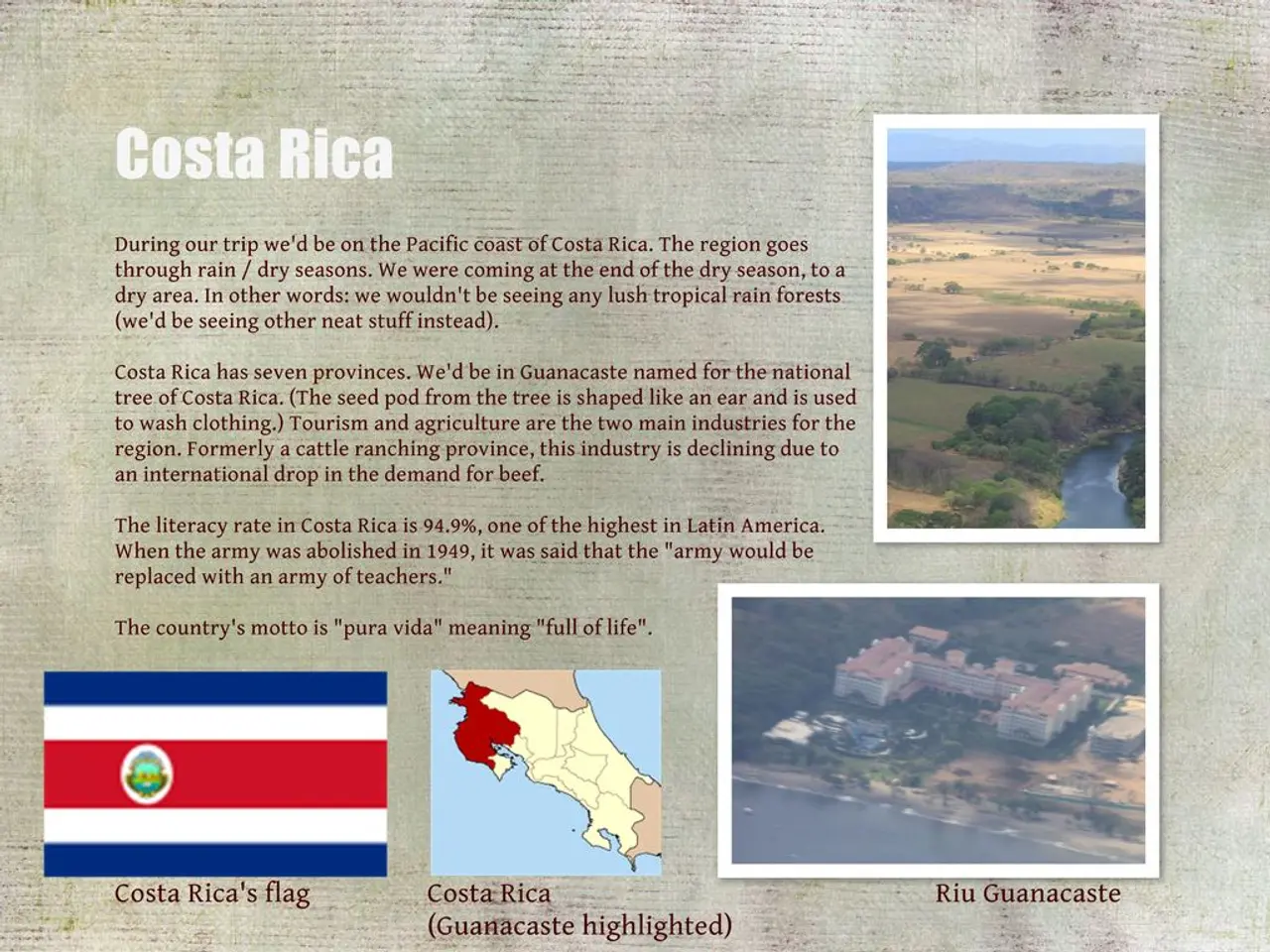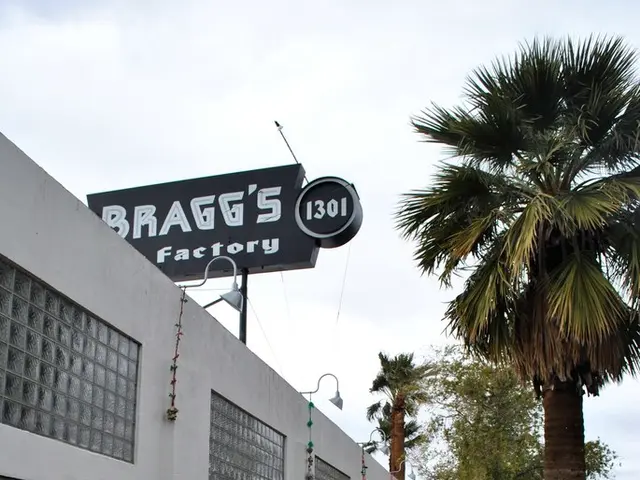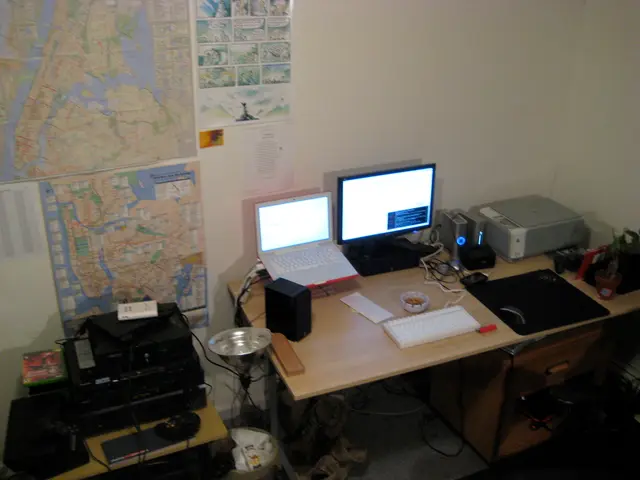KoBold Metals Secures Seven DRC Exploration Permits, Including Lithium-Rich Manono Deposit
US-based mineral exploration company KoBold Metals has been granted seven exploration permits in the Democratic Republic of Congo (DRC), including the lithium-rich Manono deposit. The permits, signed in a deal in July, also cover the search for several other minerals such as coltan and rare earths. The company, backed by Jeff Bezos and Bill Gates, plans to focus its exploration efforts on lithium across all seven new licences.
KoBold Metals' expansion into the DRC comes as the company continues to grow its exploration footprint globally. In Finland, KoBold has agreed to explore for non-gold and silver commodities within Aurion's Risti property, potentially earning a 75% interest. KoBold will invest €11.07m ($12m) in exploration activities in Finland by the fifth anniversary of the deal. Meanwhile, in the Czech Republic, KoBold has been supported by local authorities, geological services, universities, and consulting firms, but not through direct state funding or partnerships with major Czech companies. The company's exploration efforts in the Czech Republic have focused on lithium projects, including a brief interest in the Cinovec project in the Bohemian Ore Mountains.
KoBold Metals' new exploration permits in the DRC, along with its ongoing activities in Finland and the Czech Republic, demonstrate the company's commitment to exploring for critical minerals on a global scale. The company's success will depend on its ability to navigate the complex legal and political landscapes of these regions, as well as its partnerships with local stakeholders and its technological capabilities.
Read also:
- Web3 gaming platform, Pixelverse, debuts on Base and Farcaster networks
- Goodyear in 2025: Advancement in Total Mobility through the Launch of Kmax Gen-3 by Goodyear
- Boston Metal pioneers route to commercial production for eco-friendly steel method
- Electric SUV Showdown: Vinfast VF6 or MG Windsor EV - Your Choice Revealed







